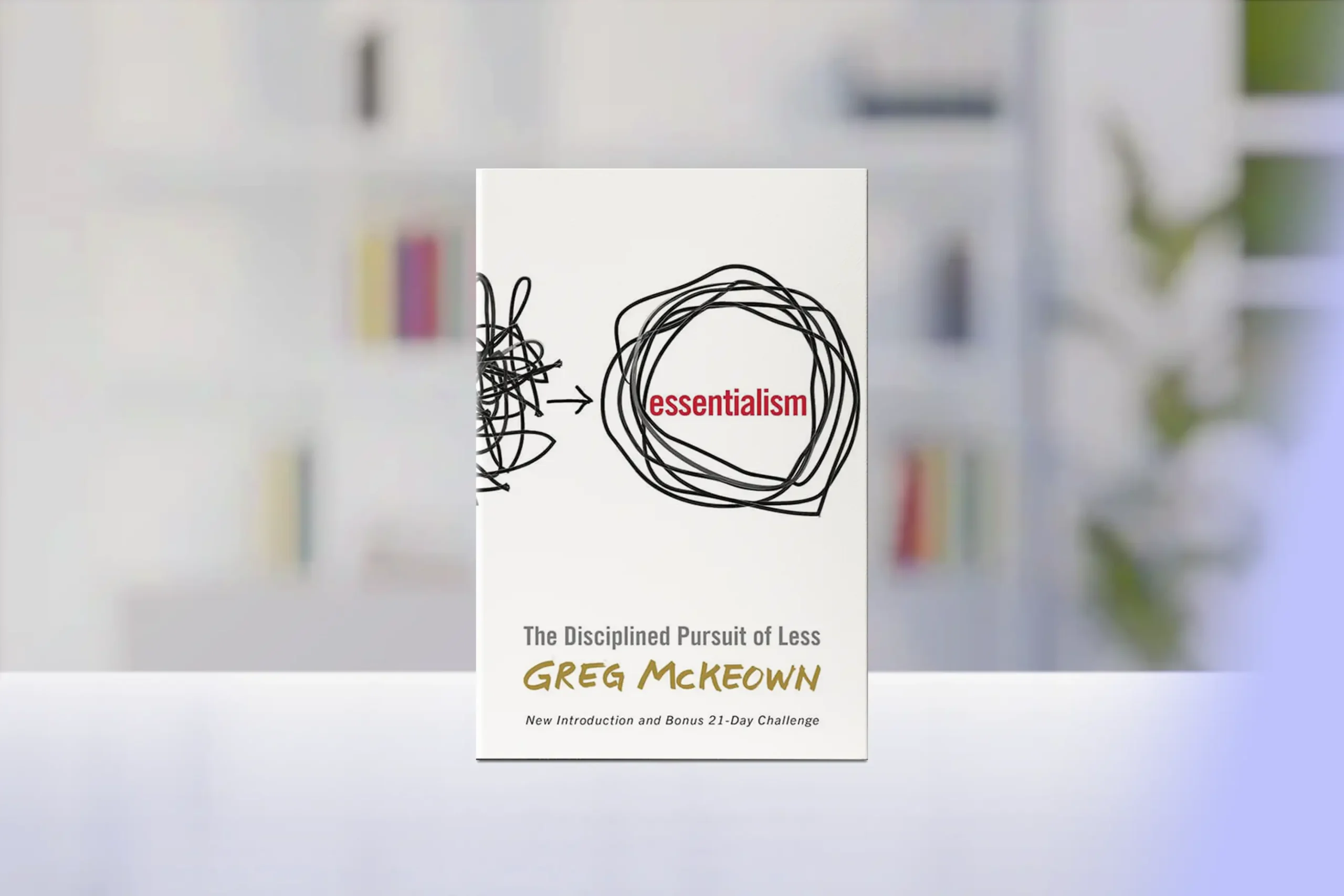In a world that constantly pushes us to do more, be more, and have more, Greg McKeown’s “Essentialism: The Disciplined Pursuit of Less” emerges as a refreshing counterpoint. Published in 2014, this groundbreaking book challenges the prevailing notion that being busy equals being productive. Instead, McKeown presents a compelling case for a way of life that empowers you to focus on what truly matters.
Core Concepts
Essentialism introduces several key principles that form the foundation of the essentialist mindset:
- Choice: Recognizing that you have the power to choose where to focus your energy and time
- Discernment: Developing the ability to distinguish between the vital few and the trivial many
- Trade-offs: Embracing the reality that you can’t have it all or do it all
- Elimination: Cutting out the nonessential to make room for what truly matters
- Execution: Creating systems that make execution of essential tasks almost effortless
By internalizing these principles, you can transform your approach to work and life, leading to greater clarity, control, and ultimately, success in what matters most to you.
Chapter-by-Chapter Review
Part I: Essence – What is the core mindset of an Essentialist?
McKeown starts by contrasting the essentialist mindset with the more common non-essentialist approach. You’ll gain insights into how essentialism can lead to greater satisfaction and success, and why it’s crucial in our overloaded, over-committed world.
Part II: Explore – How can we discern the trivial many from the vital few?
This section delves into strategies for identifying what’s truly essential. McKeown offers practical advice on how to create space to think, focus on the big picture, and say “no” effectively. You’ll learn how to filter through the noise and focus on what really matters.
Part III: Eliminate – How can we cut out the trivial many?
Here, McKeown tackles the challenging but crucial task of elimination. You’ll discover strategies for setting boundaries, having the courage to cut, and unburdening yourself from nonessential commitments. This section empowers you to create more space in your life for what’s truly important.
Part IV: Execute – How can we make doing the vital few things almost effortless?
The final section focuses on execution. McKeown provides tools and techniques for removing obstacles, creating routines, and focusing on small wins. You’ll learn how to build systems that make essential tasks flow more smoothly, allowing you to achieve more by doing less.
Key Strengths
- Offers a paradigm-shifting approach to productivity and life management
- Provides practical, actionable strategies for implementing essentialism
- Balances theory with engaging real-life examples and case studies
- Challenges prevailing notions about success and busyness
- Empowers readers to take control of their time and energy
Potential Drawbacks
- Some readers may find the concept overly simplistic for complex life situations
- Implementing essentialism may be challenging in certain work environments or cultures
- The book’s message might feel repetitive in some sections
Who This Book Is For
“Essentialism” is a valuable resource for a wide range of readers, particularly:
- Busy professionals feeling overwhelmed by competing demands on their time
- Individuals seeking to clarify their priorities and live more intentionally
- Leaders and managers looking to improve their decision-making and team productivity
- Anyone feeling stretched too thin and yearning for a more focused, meaningful life
Final Review
“Essentialism: The Disciplined Pursuit of Less” is a game-changing book that can transform how you approach work, life, and success. McKeown challenges the “more is better” mindset, offering a refreshing alternative that emphasizes doing less, but better.
The book shines in its practicality, providing concrete strategies to implement essentialism daily—from saying “no” gracefully to creating systems that support your core goals. While applying these principles can be challenging in certain environments, they are universally valuable, helping reduce stress, boost productivity, and increase satisfaction in both personal and professional life.
Rating: 4.6/5
A paradigm-shifting guide that empowers you to cut through life’s clutter and focus on what truly matters, leading to greater success and fulfillment.
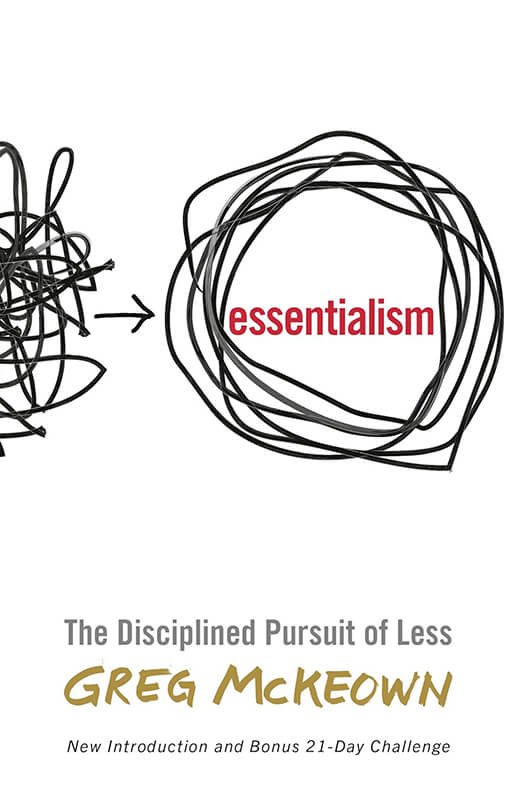
Alternative Books
Here are three related books that further explore productivity and intentional living:
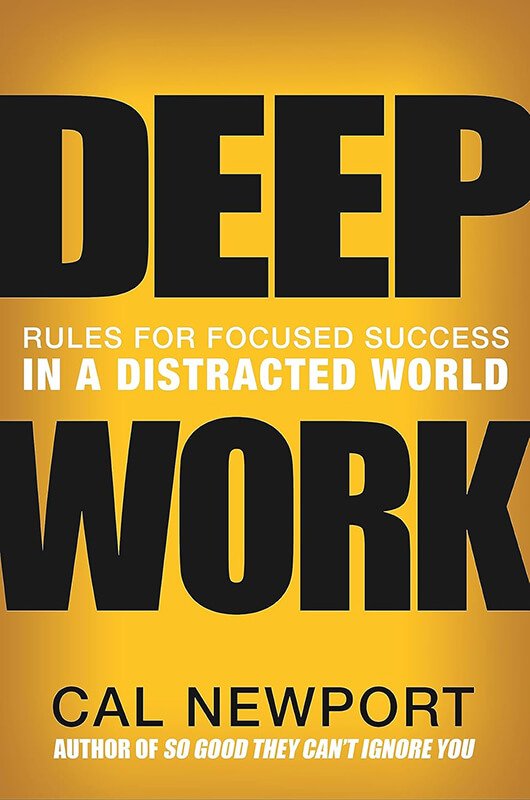
“Deep Work” by Cal Newport
Dive into the concept of focused, distraction-free work.
Rating: 4.5/5
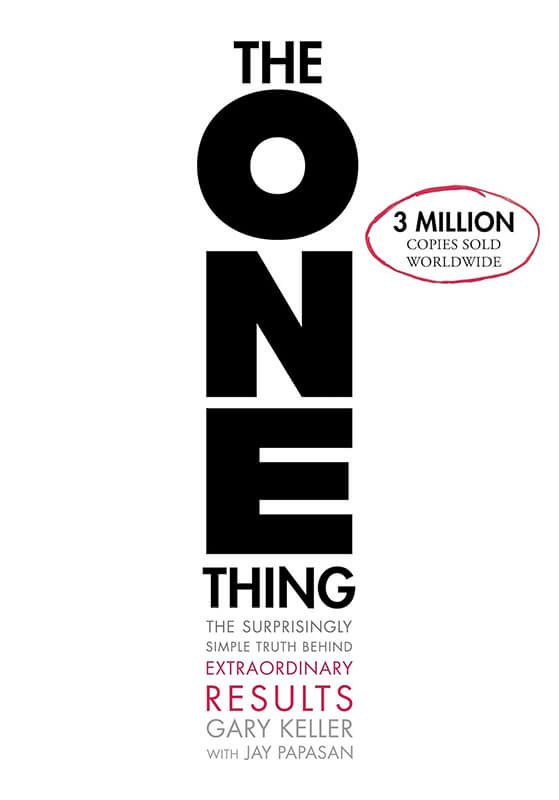
“The One Thing” by Gary Keller and Jay Papasan
How focusing on what’s most important helps deliver the optimal results.
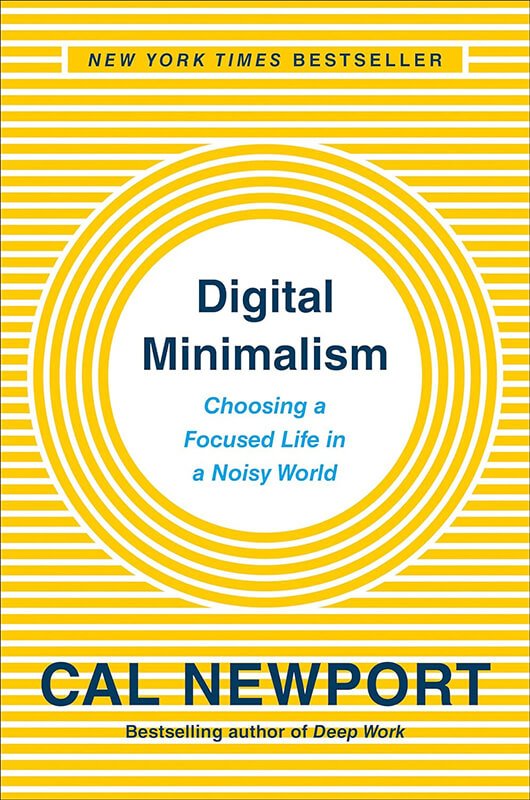
“Digital Minimalism” by Cal Newport
Explores minimalism in our digital lives, to focus on what’s truly matters.
Rating: 4.5/5

